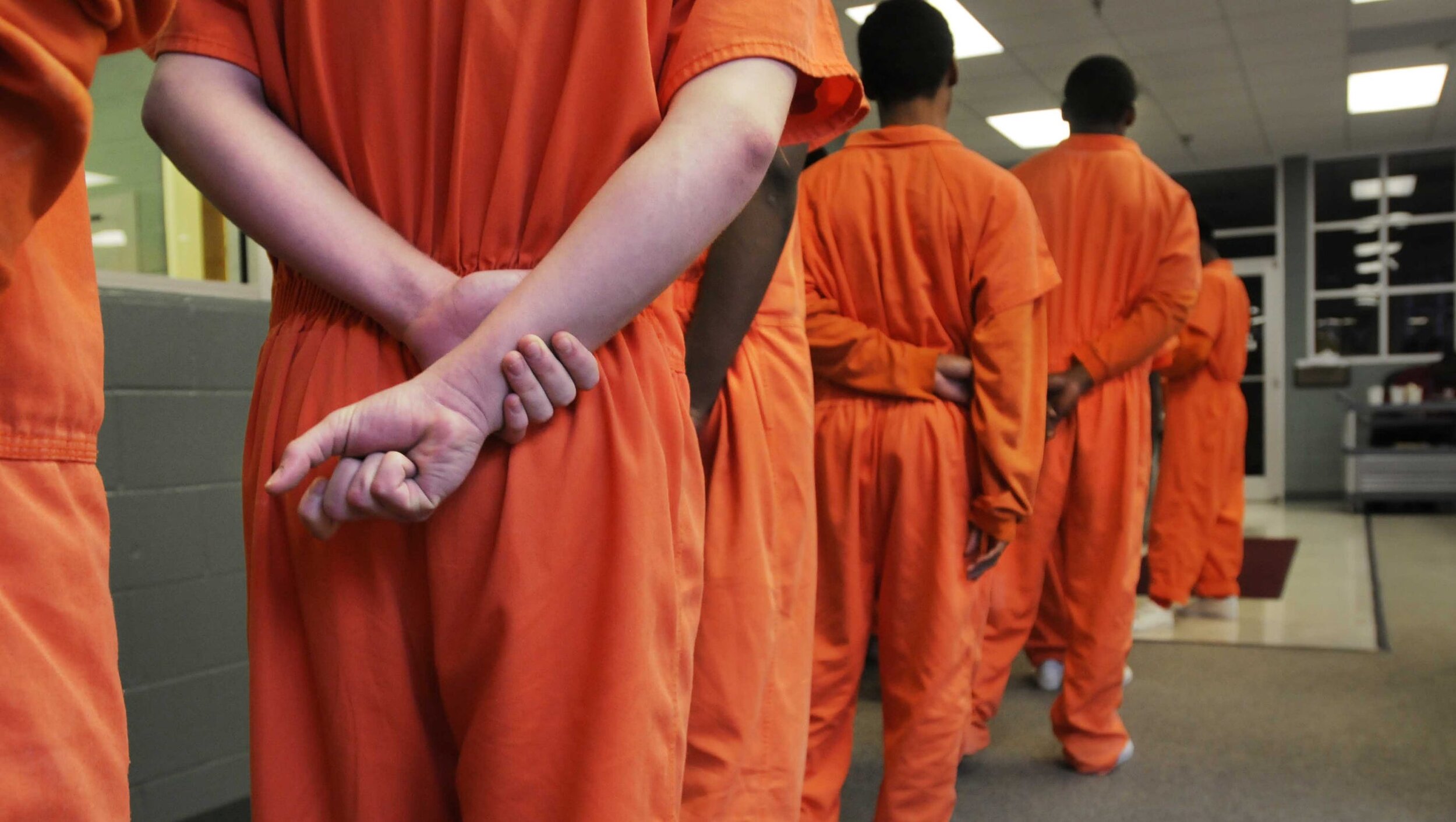
Summary
This bill promotes fair sentencing for youth who find themselves involved in the juvenile justice system. It gives youth a future. It prevents courts from lengthening certain mandatory-minimum sentences based on a person’s actions as a child.
Utilizing juvenile adjudications to increase prison sentences is unjust. Scientific evidence demonstrates that due to the developmental differences between children and adults, each should be treated separately within the justice system. A person should not be subject to additional mandatory punishment based on things they did when they were a child.
For over a century, the law has provided that "[Youth] shall be treated, not as criminals, but as children in need of aid, encouragement and guidance. Proceedings against children ... shall not be deemed criminal proceedings."
Bill Co-Sponsors
Joanne M. Comerford (Hampshire and Franklin)
Kay Khan (11th Middlesex)
Lindsay N. Sabadosa (1st Hampshire)
Mary S. Keefe (15th Worcester)
Michelle M. DuBois (10th Plymouth)
Nika C. Elugardo (15th Suffolk)
Patricia A. Duffy (5th Hampden)
Patricia D. Jehlen (2nd Middlesex)
Patrick Lewis (7th Middlesex)
Rebecca L. Rausch (Norfolk, Bristol and Middlesex)
Sean Garballey (23rd Middlesex)
Susan L. Moran (Plymouth and Barnstable)
Tami L. Gouveia (14th Middlesex)
Adam G. Hinds (Berkshire, Hampshire, Franklin and Hampden)
Adam Gomez (Hampden)
Brandy Fluker Oakley (12th Suffolk)
Brendan P. Crighton (3rd Essex)
Carlos Gonzalez (10th Hampden)
Chynah Tyler (7th Suffolk)
Danillo A. Sena (37th Middlesex)
David Henry Argosky LeBoeuf (17th Worcester)
Dylan A. Fernandes (Barnstable, Dukes and Nantucket)
Elizabeth A. Malia (11th Suffolk)
Erika Uyterhoeven (27th Middlesex)
Jack P. Lewis (7th Middlesex)
Joan B. Lovely (2nd Essex)
The Late Chief Justice Ralph Gants Called for Change
In the Supreme Judicial Court’s Baez case, the defendant, Brandon Baez, had 2 juvenile adjudications and was charged with an adult first offense for a gun- possession crime. See Commonwealth v. Baez, 480 Mass. 328 (2018).
The 2 acts that Mr. Baez committed at age 15 increased the potential mandatory minimum sentence from 1.5 years to 10 years – almost 7 times longer!
The late Chief Justice Gants, in a concurring opinion joined by current Chief Justice Budd, urged “the Legislature to consider the wisdom and fairness of the mandatory-minimum aspect of those enhanced sentences, especially where the predicate offenses were committed when the defendant was juvenile.”
Passing this bill would honor the memory of Justice Gants and his commitment to justice for all.
This Bill Reduces Racial Disparities in Sentencing
Black and Latinx youth are more likely than white youth to be advanced through the juvenile justice system – rather than being diverted at most decision points through formal or informal resolutions of their cases. Black and Latinx youth are 1.526 and 2.46 times, respectively, more likely than white youth to have a delinquency petition, according to the Massachusetts Trial Court. Then, those juvenile adjudications follow them into adulthood, leading to more severe punishment for Black and Latinx adults.
The upshot? Greater racial disparities in sentencing because current law counts juvenile adjudications as “strikes” for the purpose of mandatory-minimum sentencing. It’s time to right this wrong. A diverse group of organizations support this criminal justice reform bill.


